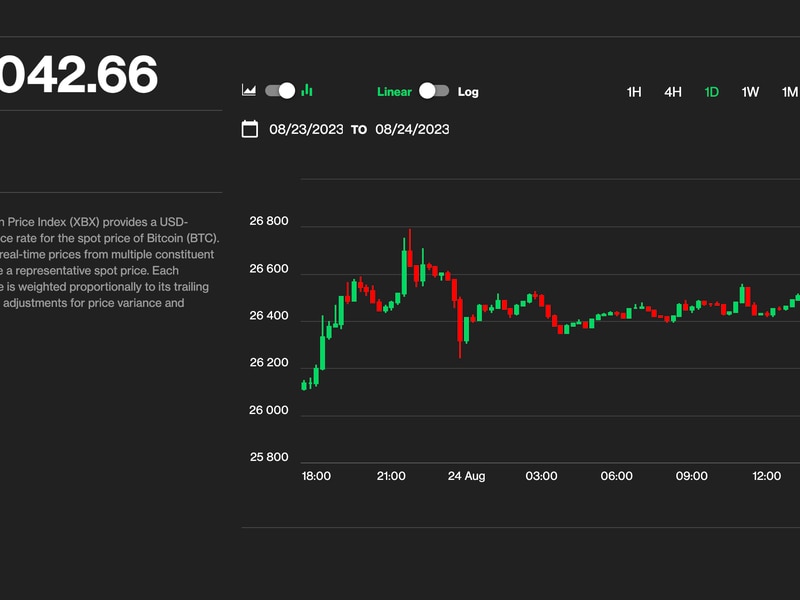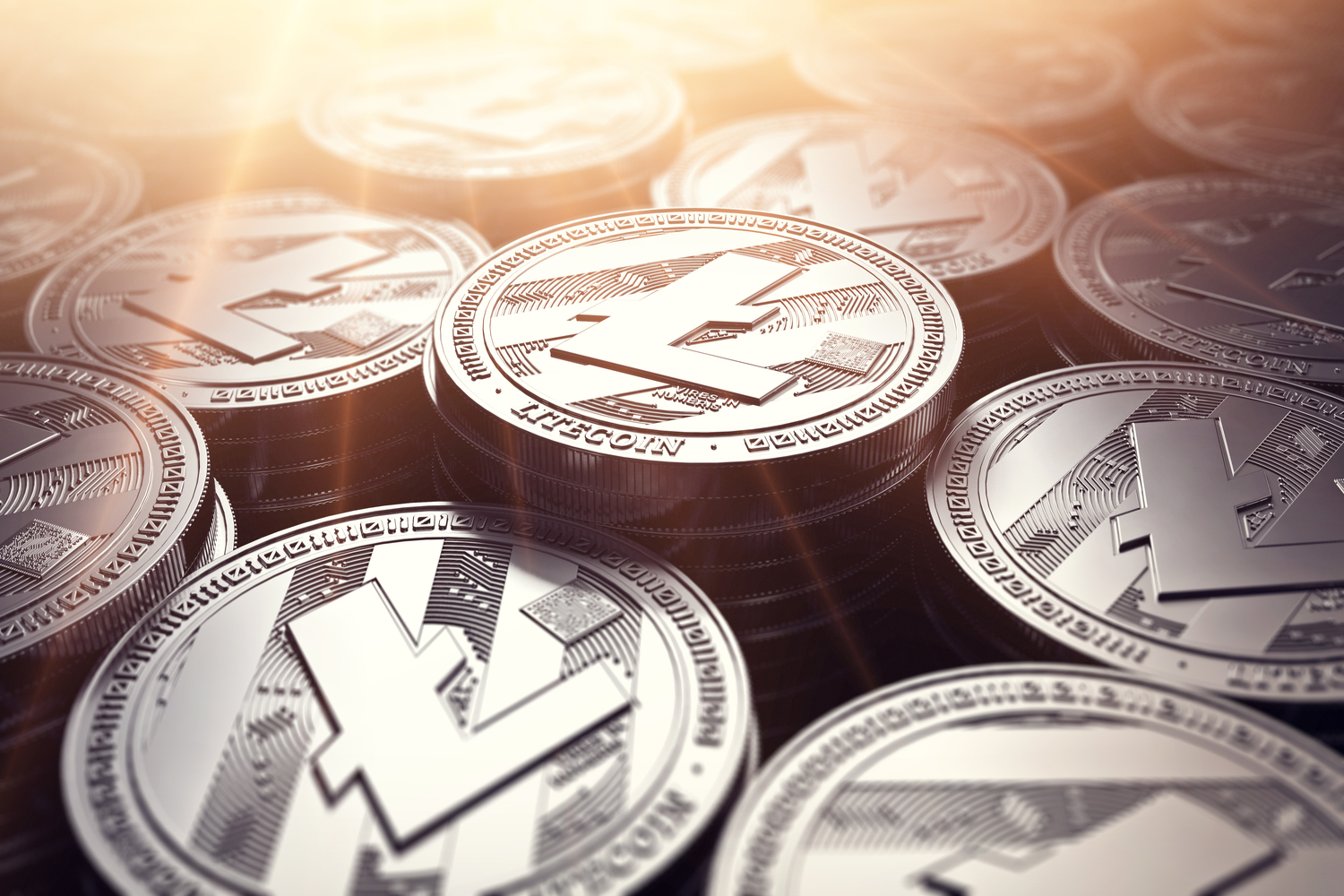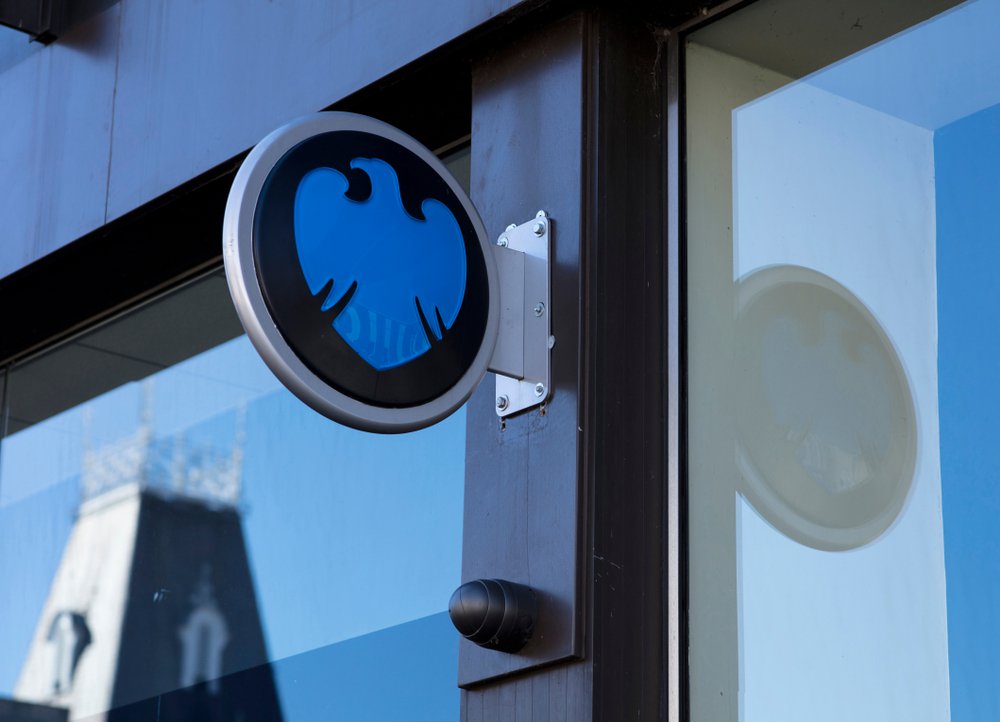Sam Bankman-Fried, DOJ Propose Jury Questions Ahead of October Trial
Sam Bankman-Fried’s defense team wants the judge overseeing their case to ask prospective jurors if they’ve had any dealings with the FTX founder, crypto or the now-collapsed crypto empire.
Attorneys for Bankman-Fried and the DOJ filed their proposed jury questions late Monday, just three weeks before the FTX founder’s trial on seven criminal charges is set to begin. The proposals are intended to identify if any of the possible jurors are familiar with the case, with crypto or with effective altruism, the philosophy that purportedly motivated Bankman-Fried to get rich so he could give his wealth away. The questions, which largely appear to be standard questions for a jury ahead of a trial, also ask if if the potential jurors have opinions on issues like political donations and lobbying or the legal system.
Both sets of proposed questions ask if the potential jurors know or have “had any dealings” with the prosecutors and defense attorneys, as well as possible witnesses (though the witness names have not yet been fully shared). Other questions appear similarly standard, asking for the prospective jurors’ backgrounds, occupations and if they’ve had any direct dealings or knowledge of FTX and Alameda Research.
“The function of the jury is to decide questions of fact,” the DOJ’s proposed questions suggested the judge say. “You are the sole judge of the facts and nothing that the Court or the lawyers say or do may encroach in any way on your role as the exclusive fact-finder. When it comes to the law, however, you are to take your instructions from the Court, and you are bound by those instructions. You may not substitute your own notions of what the law is, or what you think it should be.”
The filings follow last month’s proposed jury instructions, which are meant to be conveyed to the actual jurors trying the case.
Bankman-Fried’s attorneys have spent the past few weeks trying to have their client temporarily released from jail to work on his defense, arguing that prosecutors’ assertions that he has laptop access are overly rosy.
His bail was revoked last month after Judge Lewis Kaplan, of the U.S. District Court for the Southern District of New York, found he had attempted to tamper with witnesses on at least two occasions. While the defense has appealed this decision, an appeals court has yet to hear the arguments and the judge has held off on making any decision about his jail conditions so far.
An attorney with experience in white collar litigation told CoinDesk that jury selection could typically only take a few hours, but for a case as complex as Bankman-Fried’s, it may take up to a few days. During the actual voir dire process, the judge will look for obvious biases. The attorneys have a limited number of preemptive strikes, meaning they can block a certain number of prospective jurors, as well as the ability to block any prospective jurors with obvious biases.
Edited by Marc Hochstein.








